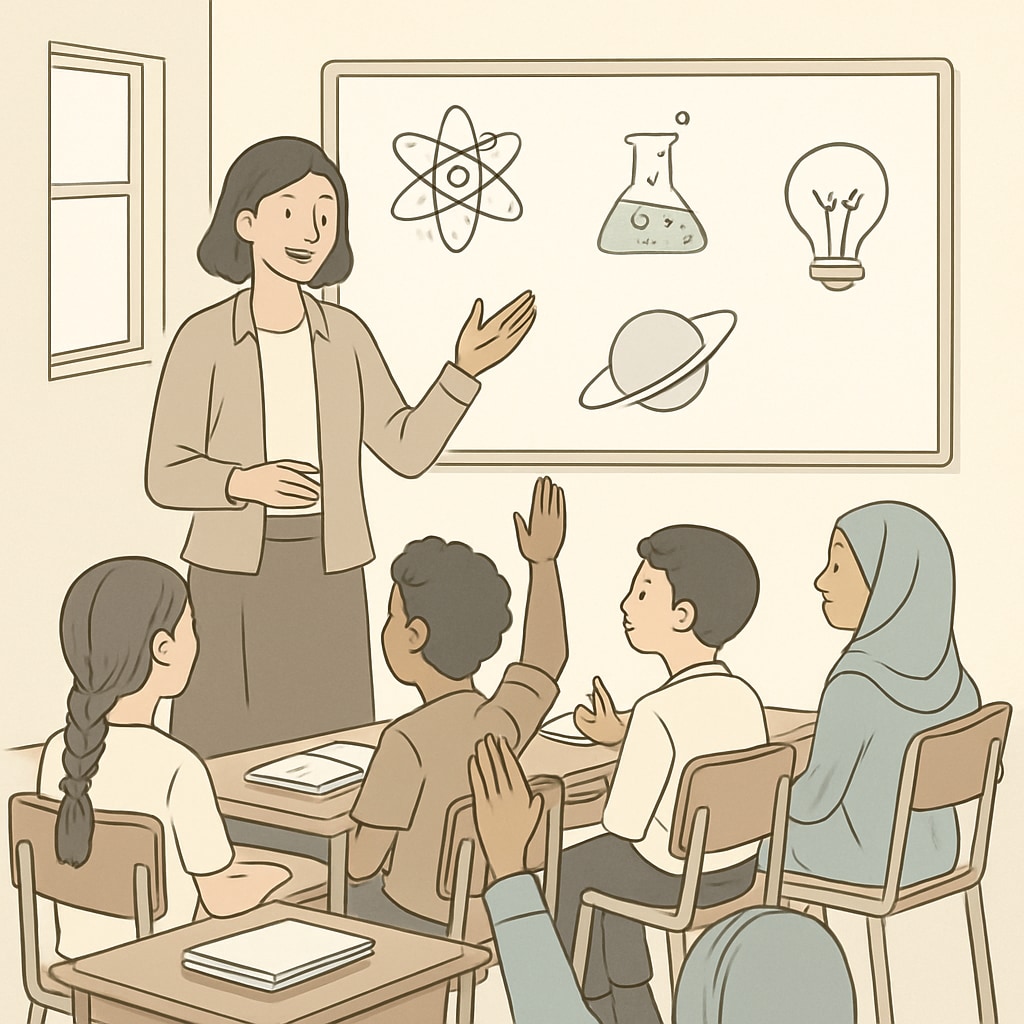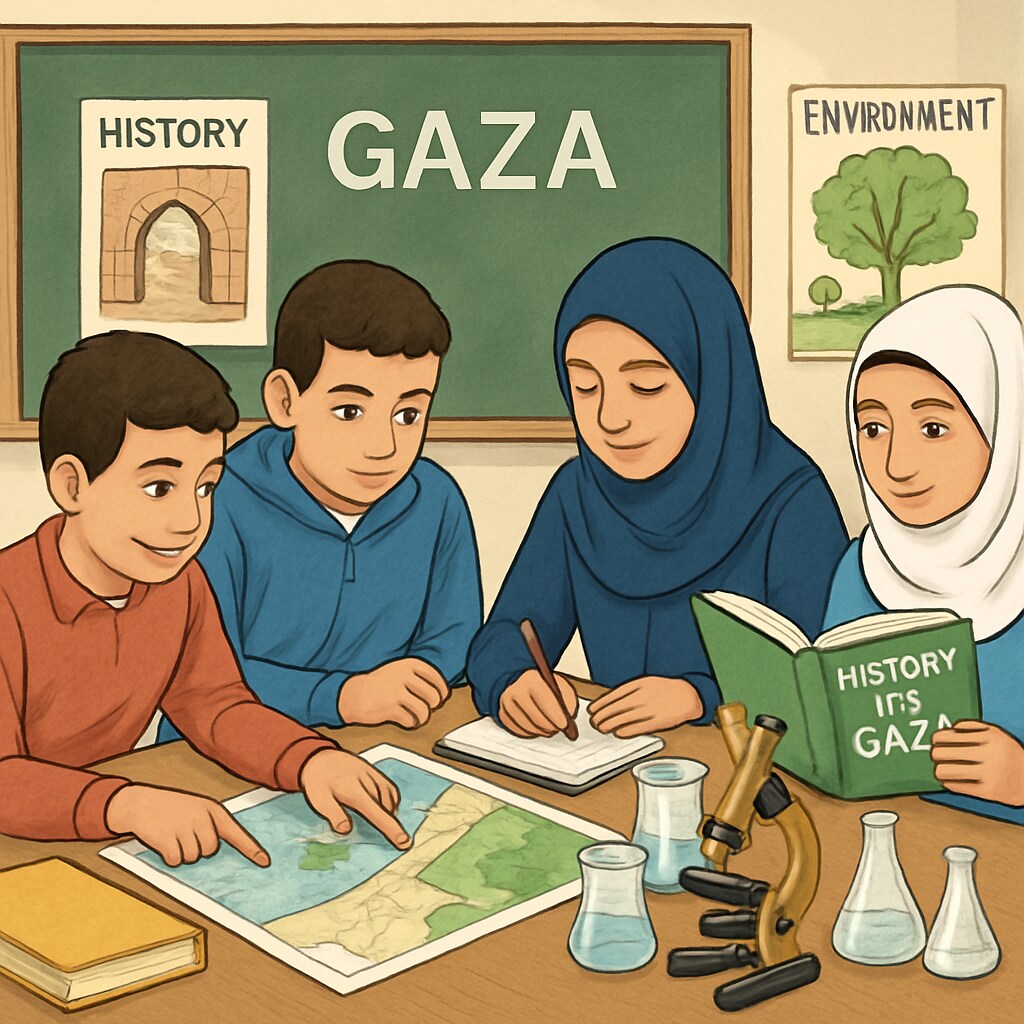The process of creating a viable curriculum for Gaza schools in the wake of conflict is a challenging yet essential step toward community recovery and long-term resilience. Education reconstruction goes beyond rebuilding physical structures; it involves designing curricula that nurture critical thinking, promote peace, and align with both local traditions and international standards. This article explores the challenges and opportunities in developing science and social studies curricula for Gaza schools and provides practical strategies for educators and policymakers.
Balancing Local Context with Global Standards
One of the key challenges in designing curricula for post-conflict regions like Gaza is balancing the need for global educational standards with respect for local culture and traditions. Science studies, for example, require universal principles and methodologies, yet must be adapted to include locally relevant examples and applications. Similarly, social studies must reflect the unique social, historical, and political context of Gaza while fostering an understanding of broader global dynamics.
To achieve this balance, educators and curriculum developers should:
- Incorporate culturally relevant content that resonates with students’ lived experiences.
- Ensure alignment with international benchmarks, such as UNESCO education frameworks.
- Utilize collaborative input from local educators, community leaders, and international experts.

Promoting Peace Education and Critical Thinking
Another critical element in education reconstruction is fostering peace education and critical thinking skills. Given the history of conflict in Gaza, curricula should emphasize conflict resolution, empathy, and the importance of coexistence. Science and social studies can serve as powerful tools for achieving these goals.
For example:
- Science studies can include topics on environmental sustainability, encouraging students to collaborate on community-based projects.
- Social studies can explore historical and cultural narratives that highlight examples of successful conflict resolution and cooperation.
- Both subjects can integrate activities that develop critical thinking, such as debates, research projects, and problem-solving exercises.
By embedding these themes into everyday lessons, educators can help students develop the skills needed for peaceful coexistence and constructive societal participation.

Practical Strategies for Implementation
Implementing effective curricula in Gaza schools requires overcoming logistical and resource-related challenges. Below are practical strategies to facilitate the process:
- Invest in teacher training programs that prepare educators to deliver complex and sensitive content.
- Leverage digital tools and resources to overcome infrastructure limitations and enhance access to diverse materials.
- Establish partnerships with international organizations for funding and expertise.
- Engage students and parents in curriculum development to ensure relevance and inclusivity.
For additional guidance, resources such as Education in Emergencies on Wikipedia and Education insights on Britannica provide helpful frameworks for post-conflict education development.
As a result, the careful planning and implementation of science and social studies curricula can have a transformative impact on Gaza’s recovery and future generation.
Conclusion: A Path Toward Resilience
Rebuilding education in Gaza is not just a technical challenge but an opportunity to empower a generation with the tools to rebuild their community. By designing thoughtful and inclusive curricula that balance local culture with global standards, educators can help foster resilience, peace, and hope for the future. The journey is complex, but the potential rewards for Gaza’s students and broader society are immeasurable.


